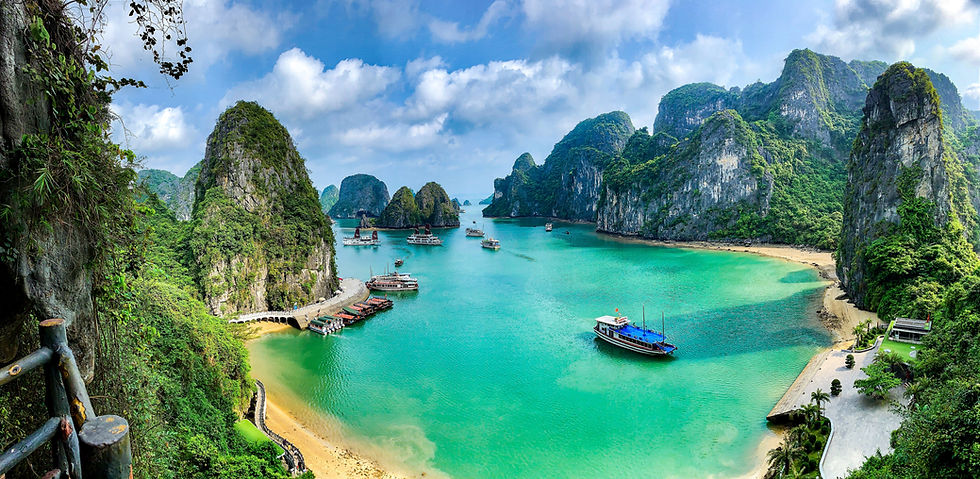India versus Canada - if travel advisories are used for diplomatic revenge. Are they still useful?
- Adventure Coordinators
- Sep 26, 2023
- 3 min read

After the bombshell revelation by Canadian prime minister Justin Trudeau that India's government was involved in the killing of Canadian Sikh leader Hardeep Singh Nijjar in B.C. in June of this year, it wasn't long before the diplomatic tit-for-that started.
Most surprisingly perhaps was the travel advisory by the Indian Government for Canada: "In view of growing anti-India activities and politically-condoned hate crimes and criminal violence in Canada, all Indian nationals there and those contemplating travel are urged to exercise utmost caution."
A few days later Canada updated its advisory for India as follows: "In the context of recent developments in Canada and in India, there are calls for protests and some negative sentiment towards Canada on social media. Please remain vigilant and exercise caution."
The question then becomes: if travel advisories are used for diplomatic revenge. Are they still useful?
The short answer is "yes, but".
The long answer is to read each advisory critically and compare those issued by several countries. Where they overlap you can be certain there is an issue. Where they do not, consult other sources like reliable news channels, to determine what is real and what is not.
As the main operators we book our clients with are based in Canada, the United Kingdom, Australia and the USA, I would suggest you compare the travel advisories issued by those four governments. And here is what you need to know.
1) Different governments give different advice
For example, we have recently seen the introduction of new tours combining Egypt with Jordan using the ferry from Taba to Aqaba across the Gulf of Aqaba rather than a flight between Cairo and Amman. It allows travellers to access the Sinai with St Catherine's monastery, Mt. Sinai and the laid-back resort of Dahab. But when you look at the travel advisories by the four different governments, you will see that the US Government advises against all travel in the Sinai, the Canadian Government and UK Government advise against travel to the part of the Sinai north of the St. Catherine - Nuweiba Road and say the coastal road up to Taba is safe too. The Australian Government's advice is even more relaxed.
So which would you follow? Much depends on which operator you travel with and where you reside.
2) Tour operators heed their own government's advice
Given the different government advisories for Egypt it is perhaps not surprising that it is the UK-based adventure companies blazing the trail for combination tours of Jordan and Egypt and travel through the Sinai. Under the current framework tour operators have to abide by the advisories issued by the country theu operate from. Were the UK government to tighten their restrictions, tours may need to be altered or, in the worst case, cancelled.
3) Travellers should heed their government's advice
If you are a US citizen and want to travel to Egypt, you would not be able to join a tour that includes the Sinai. It is not so much that you must heed your government's advice (although it is a smart thing to take notice). It is about insurance. Most travel insurance companies will include a clause that they will not cover you for incidents related to a government-issued travel advisory. And if you do not have adequate insurance, you cannot join a tour.
And what about Canada versus India?
And what about the travel advisories Canada and India issued for each other? There is definitely some political influence here but I know which one I will be taking more seriously!




Comments